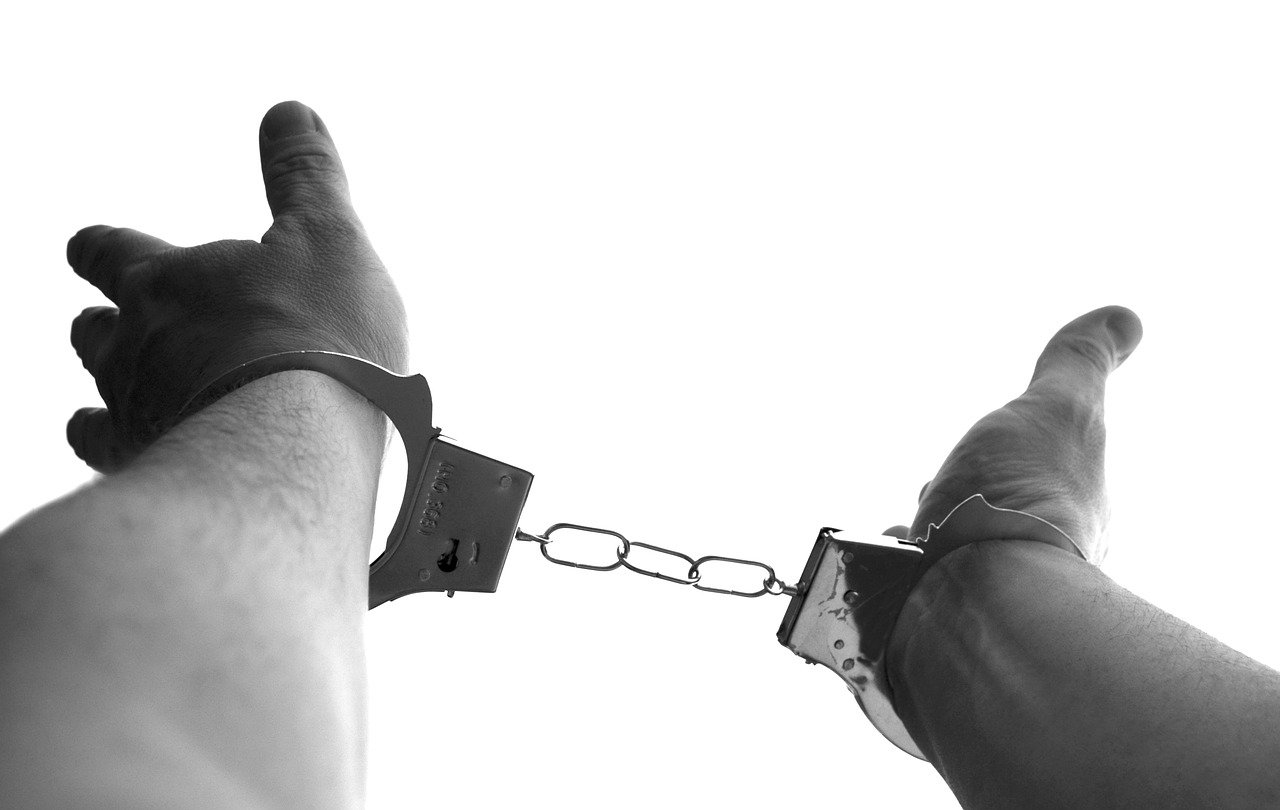Misdemeanors do not go away in Pennsylvania, but some state laws make it possible for those convicted of certain types of misdemeanors to expunge or seal their records. People often find that their prior offenses make it difficult for them to move forward with their lives, particularly when it comes to employment. Pennsylvania allows many people the opportunity to clear their names after their conviction, under specific conditions, but the process can be confusing to navigate alone. A lawyer can help you determine if you qualify for record sealing or expungement.
Types of Misdemeanor Offenses in Pennsylvania
Misdemeanor offenses are not as serious as felony offenses, but some misdemeanors are worse in the eyes of the law than others.18 Pa. C.S.A. §106 divides misdemeanors into three separate classifications: first degree, second degree, and third degree. The first degree is the most serious, while third-degree carries the lightest sentences.
204 Pa. C.S.A. 303 §15 lists all known misdemeanors and their respective classifications. Examples include:
- Drug offenses
- Simple assault
- Involuntary manslaughter
- Reckless endangerment
- Harassment
- Hazing
- Kidnapping
- Indecent exposure
If you have these or other misdemeanors on your record, you may qualify for sealing or expungement.
Expungement of Criminal Records in Pennsylvania
The Pennsylvania State Police (PSP) run Pennsylvania’s expungement program, which allows certain people who have a misdemeanor or, in some cases, felony convictions to erase them from their official records. Applicants must take several steps to begin the process, including filling out and submitting paperwork to receive an arrest record, which they must take to the Clerk of Courts in the county in which they reside to determine the next step. This involves petitioning the court to receive a court order for expungement. Expungement is not available under all circumstances, but it can benefit those convicted of some common misdemeanors.
Accelerated Rehabilitative Disposition (ARD) Expungement
ARD is a special program designed for first-time offenders charged with certain misdemeanors, such as driving under the influence, that allows them the opportunity to avoid conviction and clear their charges if they meet certain conditions. Applicants may be required to participate in rehabilitation or treatment for drugs or alcohol, perform community service, and/or submit to court supervision (probation) for a designated amount of time. Those who have prior offenses do not qualify for ARD expungement.
Section 17 Expungement
Section 17 expungement, which refers to Act 64 §17, applies specifically to first-time, nonviolent offenders who receive drug charges. Those who qualify for a Section 17 disposition must plead guilty or no contest to their charge in exchange for probation without a conviction.
Pardoned Charges
Any charges that are pardoned by the Pennsylvania governor may be eligible for expungement. Anyone with criminal charges may apply for a pardon, which starts with an application and review process. Members of the Board of Pardons review the application to determine if the applicant will be granted a hearing, where an official decision will be made. Pennsylvania residents over 70 years of age who have not had criminal supervision within the last 10 years are eligible to have a criminal charge cleared from their state record without a pardon.
Pennsylvania’s Clean Slate Law
Although misdemeanors do not go away in Pennsylvania, recent legislation has begun the process of hiding certain records from public view. The Clean Slate law went into effect in July 2020, which initiated the automated sealing of records that contain certain types of convictions, as well as charges that did not result in a conviction. Those who committed nonviolent offenses that resulted in convictions over 10 years ago, spent less than two years in prison, and paid all their court fees qualify for this program, which automatically seals records without the need for an application.
However, while sealing a record makes it inaccessible to the general public, certain agencies may still view it. While expunged charges are completely removed, those that are sealed still technically exist and remain on record. If you are eligible for record sealing under the Clean Slate law but wish to have a conviction expunged, a lawyer can help.
A Lawyer Can Help You Determine Your Options
The many different types of expungement and record-sealing programs in Pennsylvania can make the process of clearing your record complicated, but McKenzie Law Firm, P.C. will help you determine your options and guide you through the necessary procedures.
When you choose our firm to represent you, you will have direct access to your lawyer by phone, text, email, and social media anytime so that you can ask questions and receive updates on your case. Call our legal team today at (610) 991-7219 for a free case evaluation.





